
Unscrolled Vayeitzei: A Pillar of Stone
Let the landscape around you also be renamed for you, and leave a marker for those who follow.
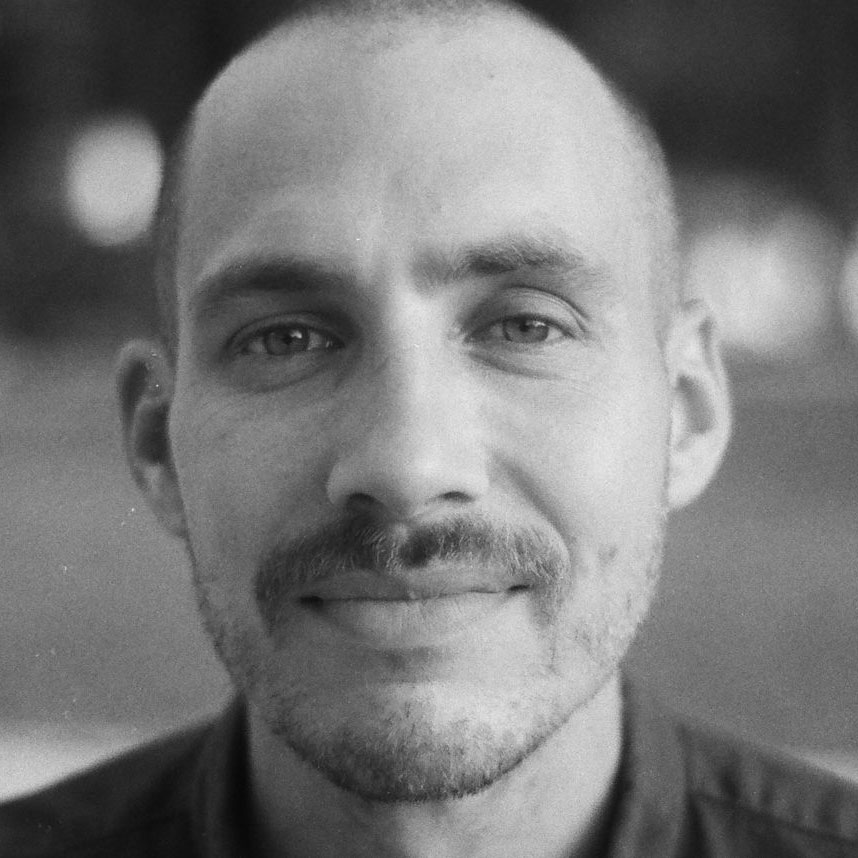
Matthew Schultz is the author of the essay collection “What Came Before” (2020). He is a rabbinical student at Hebrew College in Newton, Massachusetts.

Let the landscape around you also be renamed for you, and leave a marker for those who follow.

Toldot follows Isaac as he sojourns in the desert city of Be’er Sheva, digging up wells that his father had once dug and rededicating them.
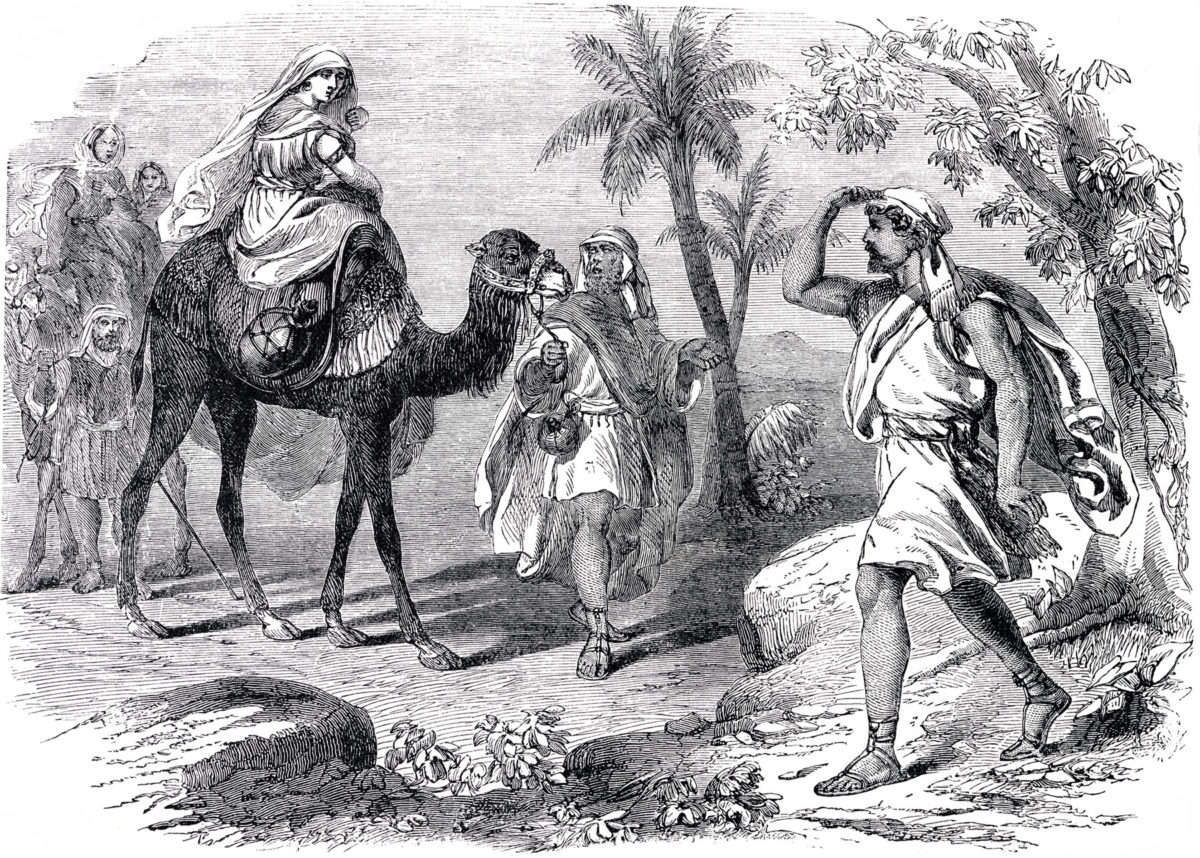
In Chayei Sarah, the scale is reduced. This is a story about a family as it is touched by the loss of its matriarch and then expanded by the addition of a new member.

Just for now, God and Abraham can take a moment to simply be — to connect with one another and with the world itself.
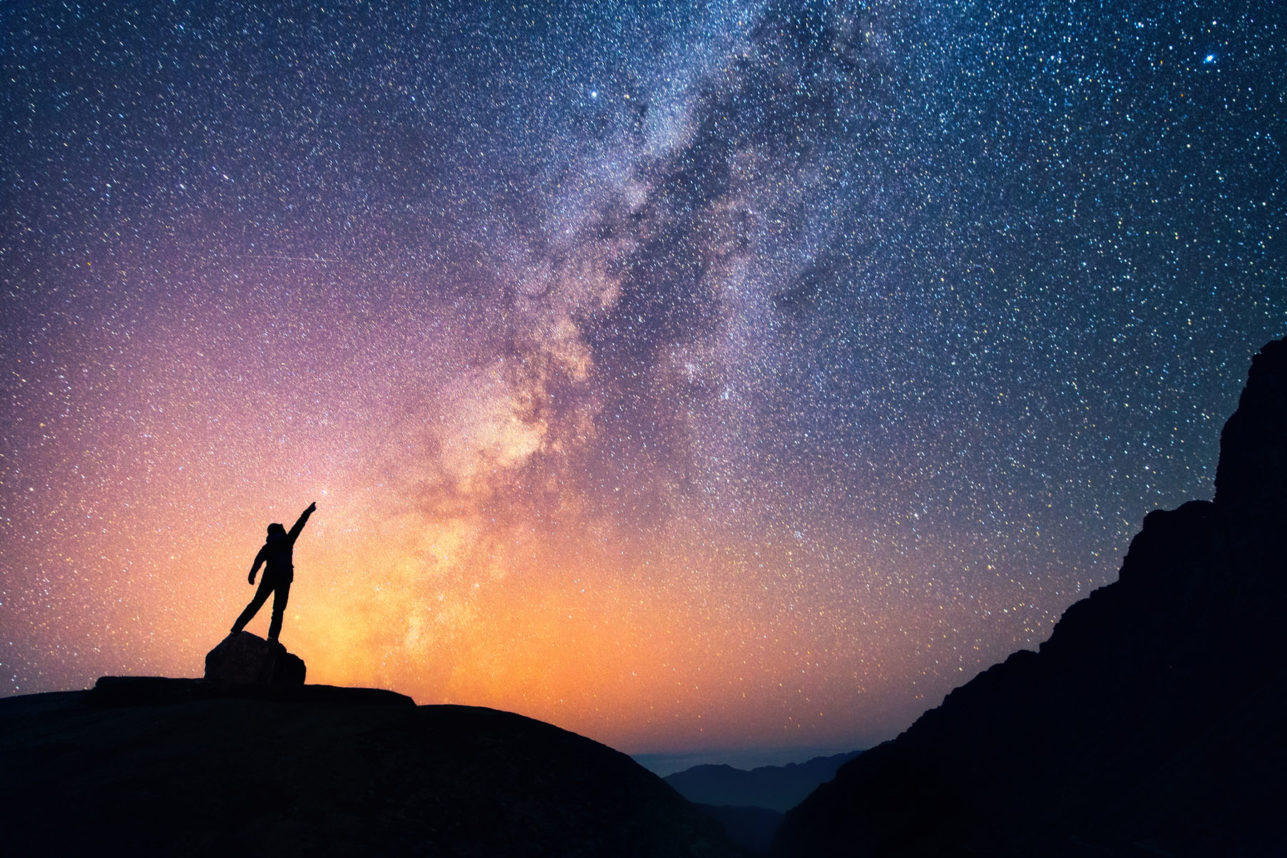
God directs Avram’s glance skyward. “Look toward heaven and count the stars, if you are able to count them,” God says. “So shall your offspring be.”

What started with light had become dark. And so, God decided to begin again.

Let me tell you two stories about the beginning of the world.

After all we have gone through—the revelations and the rebellions, the miracles and the massacres, the divinity and danger—the text refuses to bring us over the finish line.
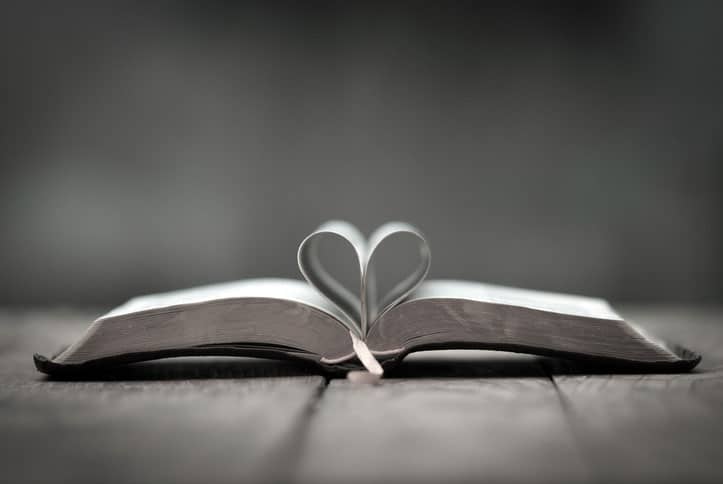
In Parashat Haazinu, we see that Moses’ work is not yet finished.
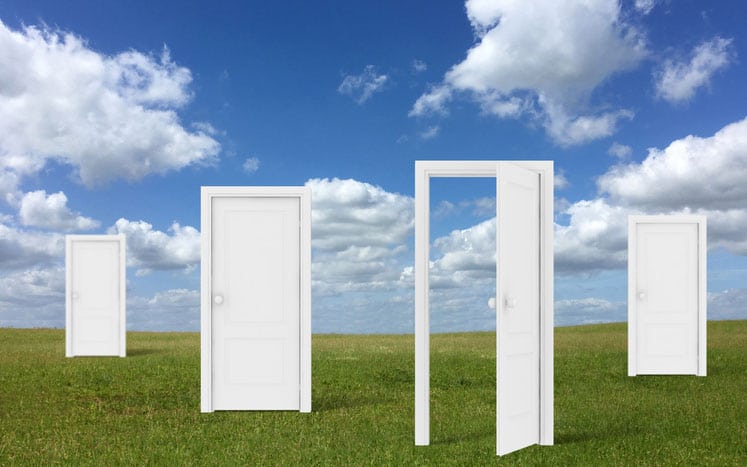
This is the message of Deuteronomy: You will stray, but the path back will always be there for you. Moreover, straying and returning are both parts of your destiny.
 More news and opinions than at a Shabbat dinner, right in your inbox.
More news and opinions than at a Shabbat dinner, right in your inbox.